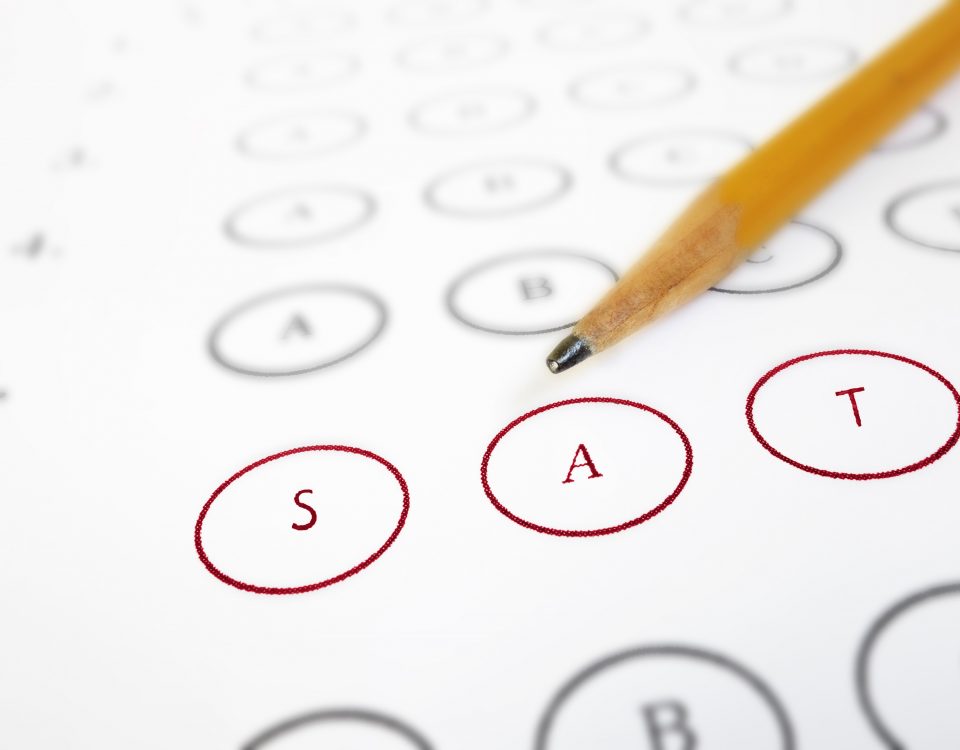Wield Words with Confidence: A Guide to Mastering New Vocabulary
The Perfect College Essay–Consider Your Audience
July 11, 2023Internships for High School Students
August 1, 2023In the realm of academic achievement and standardized testing, there is a crucial factor that often goes overlooked but holds tremendous potential: vocabulary. Whether you’re preparing for the SAT, ACT, GMAT, or any other standardized test, developing a rich and diverse vocabulary can significantly enhance your chances of success. In this blog post, we will delve into the numerous benefits of an expansive vocabulary and provide you with practical tips to master complex words, allowing you to unleash your full potential.
The Benefits of an Expansive Vocabulary
a broader vocabulary opens doors to academic and professional success, as it is often a key factor in standardized tests, interviews, and written assignments. Let’s explore how adding new words to your repertoire will propel you to success.
Enhanced Reading Comprehension
A robust vocabulary empowers you to comprehend complex texts effortlessly. When you encounter unfamiliar words, your comprehension can suffer, hindering your ability to understand the context and extract key information. By expanding your vocabulary, you’ll be equipped to tackle challenging passages, increasing your reading speed and accuracy.
Improved Writing Skills
The words we use shape our thoughts and ideas. With a broader vocabulary, you can articulate your ideas more precisely and effectively in writing. Nuanced vocabulary allows you to express yourself with clarity, eloquence, and sophistication, leaving a lasting impression on your readers.
Boosted Verbal Communication
A rich vocabulary enhances your ability to communicate effectively in everyday life. It equips you with the tools to express your thoughts with precision, making your conversations more engaging and compelling. Whether in classroom discussions, interviews, or social interactions, a diverse vocabulary empowers you to be more persuasive and influential.
Critical Thinking and Problem-Solving
Language and cognition are closely intertwined. Expanding your vocabulary exposes you to a wider range of concepts and perspectives, fostering critical thinking skills. With a deep understanding of nuanced vocabulary, you can analyze complex problems, make connections, and devise innovative solutions.
Success in Standardized Tests
Standardized tests often include sections that heavily rely on vocabulary, such as sentence completion, analogies, and reading comprehension. A strong command of vocabulary can be the key to unlocking higher scores in these sections, thereby boosting your overall performance.
Tips to Master Complex Vocabulary Words
Regularly review difficult words to reinforce your learning. Make sure you follow these simple tips!
Grow Your Reading List
Immerse yourself in diverse reading materials such as books, newspapers, magazines, and reputable online sources. Pay attention to unfamiliar words and make a conscious effort to look up their meanings. Contextual understanding will help you remember these words more effectively.
Document Progress in a Vocabulary Journal
Maintain a personal vocabulary journal or use digital tools to record new words you encounter. Include their definitions, example sentences, and any relevant synonyms or antonyms. Regularly review and revise your journal to reinforce your learning.
Utilize Flashcards
Flashcards are an excellent tool for memorizing and reinforcing vocabulary. Create flashcards with the word on one side and its definition on the other. Regularly review the flashcards, testing yourself to improve recall and retention.
Engage in Vocabulary-Building Exercises
Solve vocabulary-building exercises and practice questions specific to your standardized test. Many test prep books and online resources provide such exercises, allowing you to familiarize yourself with the types of words commonly tested.
Contextual Understanding
Rather than merely memorizing word definitions, strive to understand words in context. Pay attention to how words are used in sentences and paragraphs, as this will deepen your understanding and help you employ them appropriately.
Weave Vocabulary into Daily Life
Actively incorporate new vocabulary words into your daily conversations and written assignments. Practicing the application of new words reinforces your understanding and helps them become a natural part of your language repertoire.
Building Blocks of Brilliance: Mastering Vocabulary for Academic Achievement
Developing an expansive vocabulary is an investment in your academic success and personal growth. It enhances your reading comprehension, improves writing skills, boosts verbal communication, fosters critical thinking, and can ultimately lead to higher standardized test scores. By following the tips outlined in this blog post, you’ll embark on a transformative journey towards mastery of complex vocabulary words. So, seize the opportunity to expand your vocabulary and unlock the doors to a world of possibilities!


